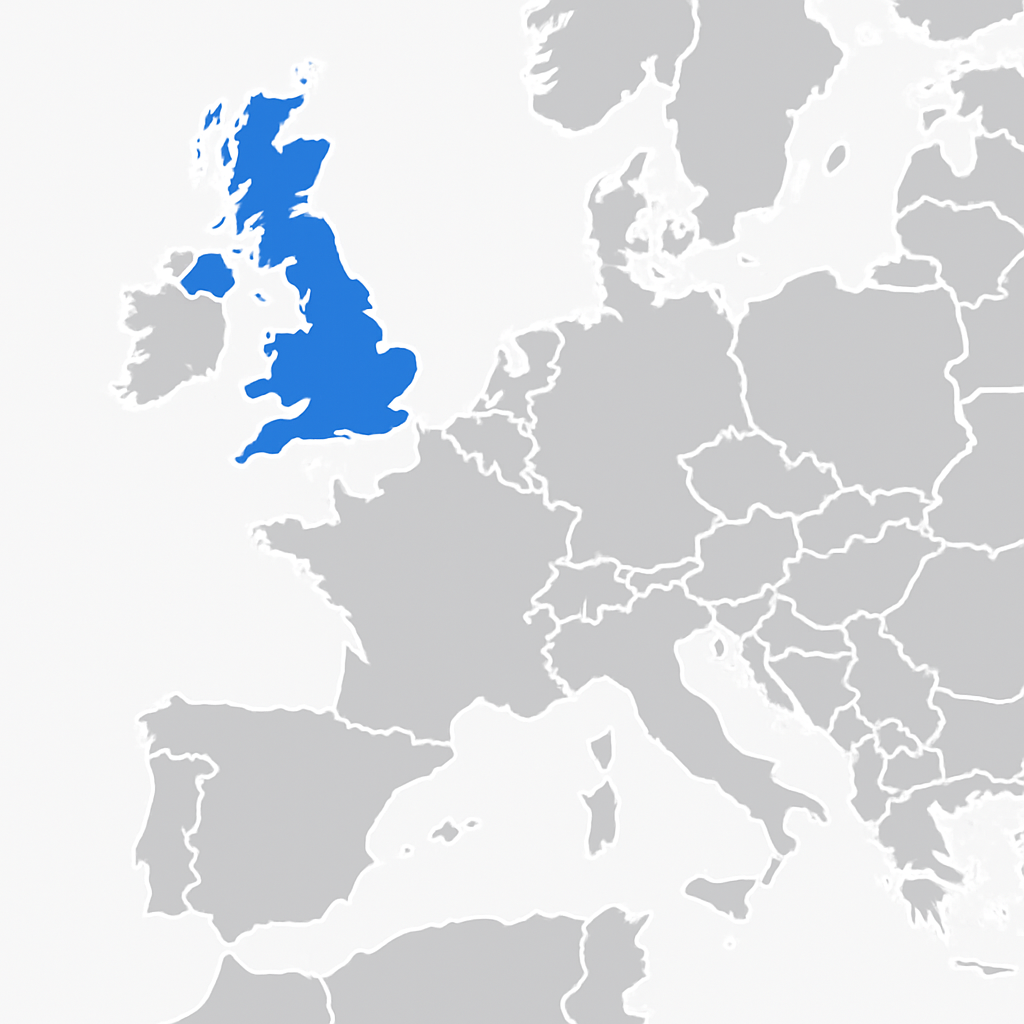
Residents of the United Kingdom can apply for a tax credit for taxes paid abroad on income or profits also subject to taxation in the United Kingdom. This is done through tax treaties or through unilateral relief. Instead of the credit, it is also possible to choose to deduct foreign tax from income subject to taxation in the United Kingdom.
Until April 5, 2025, those using the remittance tax base had to pay an additional charge (RBC) of 30,000 or 60,000 charges per remittance base, which was considered a valid tax by some jurisdictions, including the U.S. UU. As of April 6, 2025, this regime was eliminated, so the RBC no longer applies.
The United Kingdom has an extensive network of more than 100 tax agreements with other countries, aimed at avoiding double taxation of income or profits generated in one country and received by residents of the other. These agreements are usually based on the OECD model and define how tax rights are distributed between countries.
The OECD's Multilateral Instrument (MLI), part of the BEPS plan to combat tax evasion, came into force in the United Kingdom on October 1, 2018. It applies to the United Kingdom's double taxation agreements with countries that have also ratified it, adjusting their application from January 1, 2019 onwards, depending on the ratification by each country.
The United Kingdom has signed numerous Tax Information Exchange Agreements (AIITs) to promote international cooperation and facilitate mutual access to tax data.
It also participates in agreements under the EU Directive on the taxation of savings, both in reciprocal and non-reciprocal formats.
The United Kingdom has social security agreements with several countries. If a worker is temporarily assigned to the United Kingdom by a foreign company and their country has no agreement with the United Kingdom, they may be exempt from British social security contributions for up to 52 weeks.


